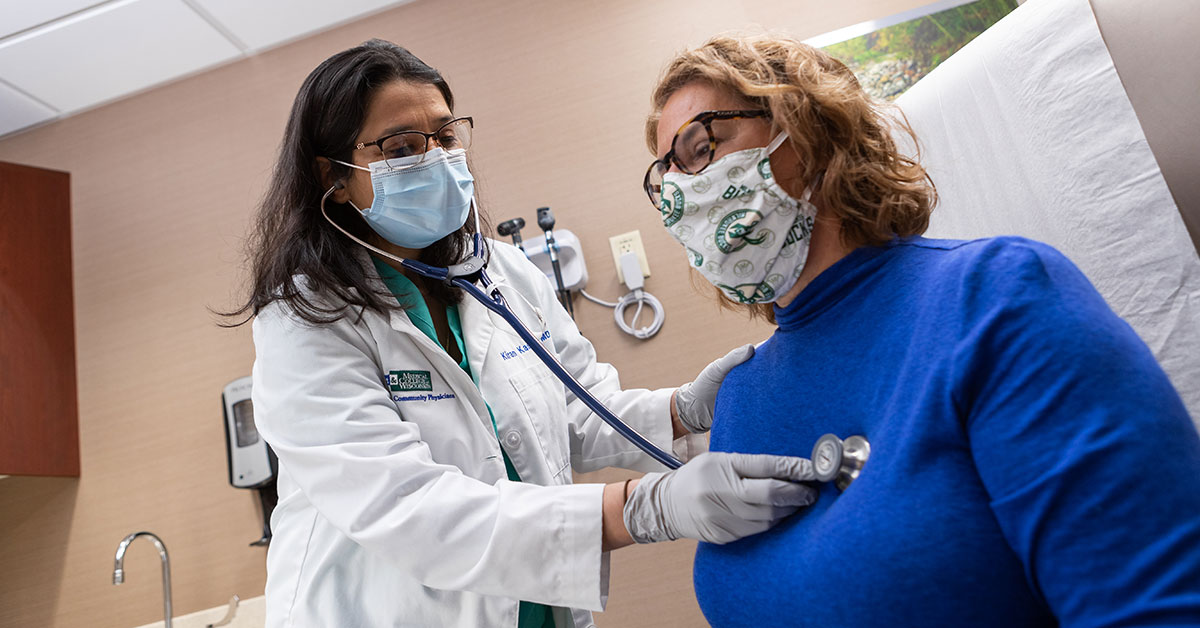Choosing a Cardiologist: What You Need to Know

Cardiologists are experts in diagnosing, preventing, and treating heart and blood vessel disorders. A referral to a cardiologist may be required if you have symptoms such as chest pain, difficulty breathing, dizziness, and high blood pressure. A doctor will also ask about the weight that you carry, the history of your health, and the family medical history as well.
It is possible for the cardiologist to order additional diagnostic tests depending on the severity of the condition. It is also possible that the cardiologist may order a cardiac catheterization, which is a procedure which involves inserting a small tube into or near the heart to take pictures of the heart or to release blockages. For more information, visit modernheartandvascular.com.
If a patient is determined to have a heart condition, a cardiologist will treat them with cholesterol control, cardiac rehab, and exercise if they need them. If an open-heart surgery is needed, it will be performed by a cardiothoracic surgeon, not a cardiologist.
You Should See Your Cardiologist As Soon As Possible
Depending on where you live, there are hundreds of cardiologists at your disposal. You should seek the advice of your family doctor if you are facing a non-emergency situation. He or she will know who’s good at what and can refer you to a cardiologist who can help you.
Several physicians, including a cardiologist, a vice president of the American College of Cardiology, a medical director of the heart failure program in Indianapolis’ Saint Vincent Heart Center, shared this information with us.
Credentials Of A Cardiologist Should Be Examined
In cardiology, doctors who are board-certified have the training, skills, and experience necessary to provide care. A cardiologist should also be cleared of any malpractice history or disciplinary actions. Through Healthgrades.com and state websites, you can obtain information about medical school, training, certifications, state licensing, and malpractice history for cardiologists.
Take A Look At What A Cardiac Doctor Has Experienced

If you want to keep your heart healthy, experience is essential. An experienced cardiologist is more likely to achieve better results in dealing with a particular condition or procedure. Further subspecialty training can lead to improved outcomes.
Find out how many patients with your particular condition your cardiologist has treated. Find out how many procedures your cardiologist has performed if you need one. Additionally, find out how many issues they experienced and how many you will face as well.
Know Your Needs And Tell Your Cardiologist
Before your first appointment, you should inform the staff that you will need a few extra minutes to discuss your health. Consult your doctor about who covers him/her when he/she is unavailable and the pace of the practice.
According to Gerald Fletcher, MD, a Mayo Clinic cardiologist and spokesman for the American Heart Association, it’s important to communicate clearly with your doctor and to feel comfortable talking about your heart health needs for the rest of your life.
Prof. Kessler says patients often talk to their doctor but do not get to the point until they are about to leave the room. Doctors and nurses should ask up front, “Why are you here? Are you experiencing any chest pain?”










